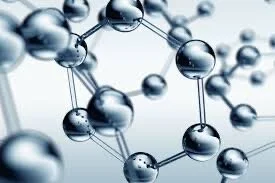Understanding the Vitamin A Pathway
Vitamin A exists in several forms, and the skin must ultimately convert it into retinoic acid in order for cells to properly recognize and use it.
Conversion Process:
Beta Carotene (natural Vitamin A source) →
Retinol →
Retinal (Retinaldehyde) →
Retinoic Acid (the active form recognized by skin cell receptors)
The body is designed to regulate this conversion process. This step-by-step pathway allows the skin to utilize Vitamin A efficiently and safely.



